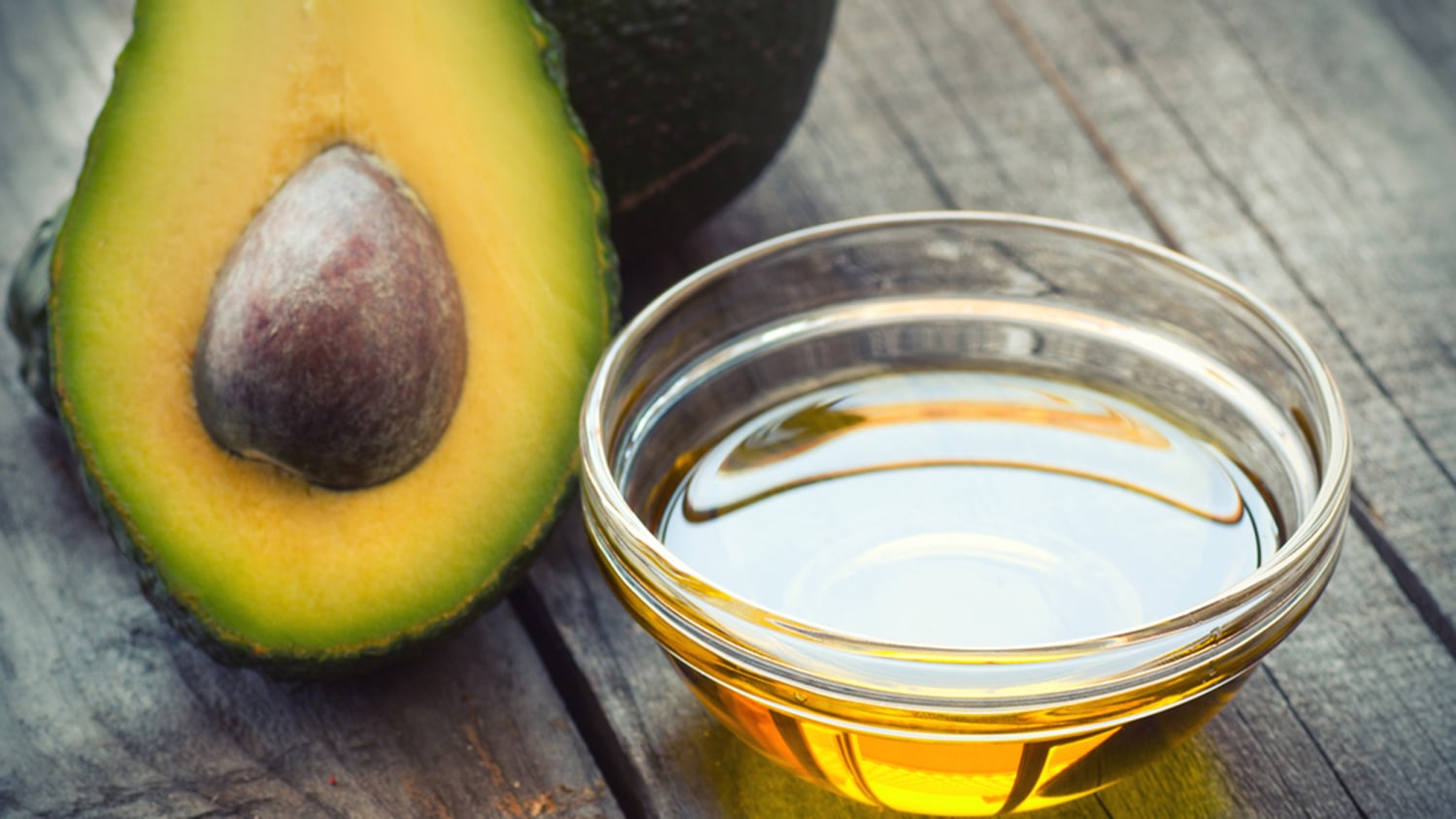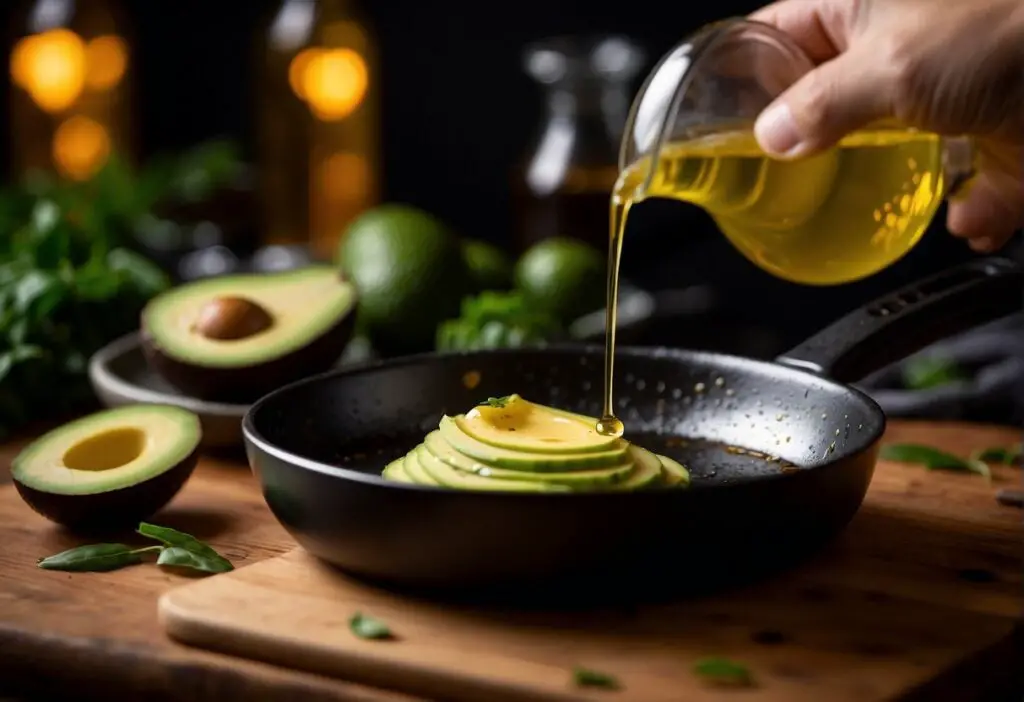What Can I Use Instead of Avocado Oil? Shocking Alternatives Here!
Are you a beautician wondering what can I use instead of avocado oil? Many professionals in the beauty industry are seeking alternatives due to various reasons, including allergies, sourcing issues, or simply the desire to explore new products. Avocado oil is renowned for its moisturizing properties and rich nutrient content, making it a staple in many skincare routines. However, its availability and cost can sometimes be a hurdle. In this comprehensive article, we will explore several unmissable and life-changing alternatives that will keep your beauty treatments effective and affordable.
In the realm of beauty, understanding the right ingredients is pivotal for every beautician. With the right information, you can make informed decisions that enhance your clients' experiences. So, lets dive deep into the various alternatives to avocado oil and how they can be utilized effectively in your practice.

Understanding Avocado Oil and Its Benefits
Before jumping into alternatives, let's quickly recap what makes avocado oil a favorite among beauticians. It's packed with essential fatty acids, vitamins E and K, and is highly praised for its ability to hydrate and nourish the skin effectively. This oil is also known for its ability to repair damaged hair, making it a perfect natural remedy in hair treatments.

What Can I Use Instead of Avocado Oil?
Now, lets explore some remarkable substitutes for avocado oil. Each of these suggestions comes with unique benefits that can enhance your beauty practice:
1. Olive Oil
Olive oil, a common kitchen staple, is a terrific alternative to avocado oil. Rich in antioxidants, its moisturizing properties make it an ideal candidate for dry skin types. It can be used in a variety of beauty treatments, from hair masks to skin cleansers. For more tips, check out this smart uses for olive oil that can be beneficial for beauticians.
2. Coconut Oil
Coconut oil is another unmissable alternative to avocado oil. Known for its antibacterial and antifungal properties, it can provide hydration and help treat skincare issues. It's versatile enough for both skin and hair applications. However, it's best suited for those with normal to dry skin types, as it might not be favorable for oily skin.
3. Jojoba Oil
This oil is a popular choice in the beauty community. Jojoba oil closely resembles the natural oils produced by the skin, making it an effective moisturizer. It's fantastic for all skin types and can be used in hair care formulations as well, promoting shine and health.
4. Grapeseed Oil
If you are looking for something light and easily absorbed, grapeseed oil is the answer. Its rich in linoleic acid and vitamin E, making it great for sensitive skin. You can use it as a carrier oil for essential oils, or even mix it with other treatments.

Alternatives for Specific Applications
While the above oils are excellent substitutes for general use, certain applications require specific formulations:
5. For Hair Treatment
When it comes to hair care, what can I use instead of avocado oil? One excellent alternative is argan oil. Known for its high vitamin E content, it's perfect for preventing frizz and boosting shine.
6. For Skin Moisturizing
For moisturizing, sweet almond oil is an excellent substitute, known for its skin-soothing properties. Its effective when mixed with essential oils.
7. For Cooking Beauty Treatments
You can also consider using sunflower oil, which has a high smoke point and is less expensive. Perfect for those who enjoy DIY beauty recipes.

Important Considerations When Choosing Alternatives
When seeking alternatives to avocado oil, there are critical factors to keep in mind. Always consider the smoke point, especially if you are planning to use these oils for cooking-related beauty treatments. For more information on the smoke points of various oils, visit this insightful article.
Frequently Asked Questions
1. Can I use vegetable oil as an alternative?
While vegetable oil can be used for some treatments, it is usually best suited for cooking. It's not as nutrient-rich as the oils mentioned above.
2. How do I know which oil is best for my skin type?
Always assess your skin's needs. For oily skin, lighter oils like grapeseed oil work best, while drier skin would benefit from heavier oils like olive or coconut oil.
3. Can these oils replace avocado oil in DIY recipes?
Yes! Most oils can be swapped in recipes, but keep in mind their unique properties for the best outcomes.
As an Amazon Associate, I earn from qualifying purchases.

